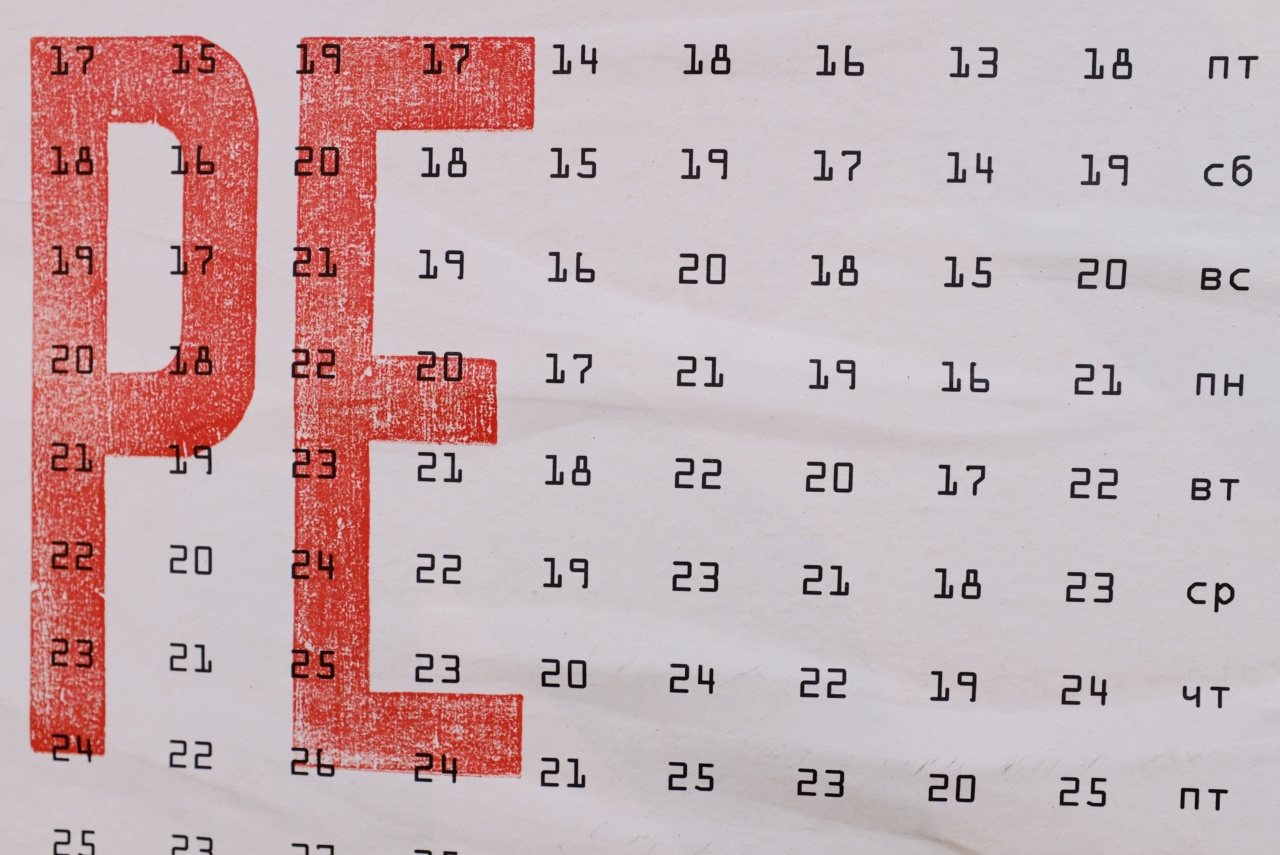High blood pressure and cholesterol levels are major risk factors for heart disease and stroke, which are leading causes of death worldwide. Lowering both can significantly reduce your risk and improve your overall health.
While medication may be necessary for some individuals, there are numerous natural approaches that can help you achieve these goals. In this article, we will explore ten simple and effective methods to lower your blood pressure and cholesterol levels within just a week and two days.
1. Follow a DASH Diet
The Dietary Approaches to Stop Hypertension (DASH) diet is an excellent way to lower blood pressure and cholesterol levels.
This diet emphasizes consuming whole grains, fruits, vegetables, low-fat dairy products, lean proteins, and healthy fats while limiting sodium and sugary foods. Studies have shown that following the DASH diet can lower blood pressure by up to 11 mmHg and reduce LDL cholesterol levels by around 7%.
2. Increase Physical Activity
Regular exercise is a powerful tool for improving heart health and reducing blood pressure and cholesterol.
Engaging in moderate-intensity activities such as brisk walking, swimming, cycling, or dancing for at least 150 minutes per week can have significant positive effects on cardiovascular health. Exercise enhances the flexibility of blood vessels, lowers LDL cholesterol, increases HDL cholesterol, and helps regulate blood pressure.
3. Consume Heart-Healthy Fats
Replacing saturated fats with heart-healthy fats like monounsaturated and polyunsaturated fats can lower LDL cholesterol levels. Foods rich in these beneficial fats include avocados, nuts, seeds, olive oil, and fatty fish like salmon.
Incorporating these fats into your diet can improve cholesterol profiles and decrease the risk of heart disease.
4. Increase Soluble Fiber Intake
Eating foods high in soluble fiber can help to lower cholesterol levels. Soluble fiber binds to cholesterol in the digestive tract, preventing its absorption into the bloodstream.
Good sources of soluble fiber include oats, lentils, beans, apples, and carrots. Aim for a minimum of 25 grams of soluble fiber per day to effectively reduce LDL cholesterol levels.
5. Reduce Sodium Intake
High sodium intake can contribute to elevated blood pressure. Minimizing your sodium consumption by avoiding processed foods, restaurant meals, and excessive salt usage can have a significant impact on reducing blood pressure.
Opt for flavorful herbs, spices, and natural seasonings to enhance the taste of your meals instead.
6. Limit Alcohol Consumption
Excessive alcohol intake can raise both blood pressure and cholesterol levels. While moderate alcohol consumption may have some heart benefits, excessive drinking can do more harm than good.
Stick to a maximum of one drink per day for women and up to two drinks per day for men to maintain optimal heart health.
7. Manage Stress Levels
Uncontrolled stress can contribute to high blood pressure and unhealthy cholesterol levels. Incorporate stress management techniques like deep breathing exercises, meditation, yoga, or engaging in hobbies that bring you joy and relaxation.
Find what works best for you to keep stress levels in check and improve your overall cardiovascular health.
8. Quit Smoking
Smoking not only damages blood vessels but also lowers the levels of good cholesterol (HDL) while raising bad cholesterol (LDL) levels. Quitting smoking is one of the best things you can do for your heart and overall health.
Seek support from healthcare professionals, join smoking cessation programs, or try nicotine replacement therapies to successfully quit smoking.
9. Consume Dark Chocolate
Dark chocolate with a high cocoa content contains flavonoids, which have been shown to improve blood pressure and cholesterol levels. Enjoying a small piece of dark chocolate (at least 70% cocoa) daily can have heart-protective benefits.
However, be mindful of the calorie content and avoid excessive consumption.
10. Get Sufficient Sleep
Lack of quality sleep is associated with higher blood pressure and cholesterol levels. Aim for seven to eight hours of uninterrupted sleep per night to support a healthy heart.
Establish a regular sleep routine, create a relaxing sleep environment, and avoid electronic devices before bed to improve both the quality and quantity of your sleep.
By incorporating these natural approaches into your lifestyle, you can effectively lower your blood pressure and cholesterol levels within a week and two days.
However, it is always advisable to consult with your healthcare provider before making any significant changes to your diet or exercise routine. Take control of your heart health and reduce your risk of developing heart disease and stroke by implementing these simple yet powerful strategies.































